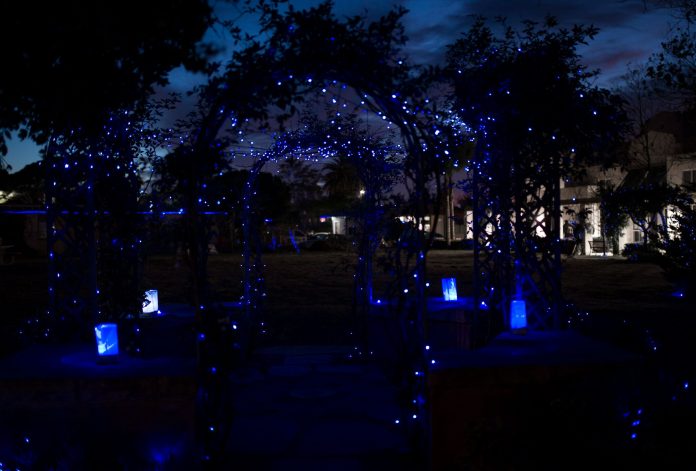
This story is part of a commemorative issue on the third anniversary of the 2014 Isla Vista killings, where a resident killed six UCSB students and injured 14 others.
Jeremy Levine
Copy Editor
The Isla Vista shooting did not only change the lives of the victims, witnesses, friends, family members, and average students; local law enforcement and campus psychological counseling services both made significant changes to their programs in the tragedy’s aftermath.
Santa Barbara’s Sheriff’s Department has improved its training regime and raised its general awareness from where it was before the tragedy occurred.
“The sheriff’s office [was] trained for active shooters, and how to respond to an emergency such as that one,” according to Kelly Hoover, spokeswoman for the Santa Barbara Sheriff’s office.
However, Hoover continued, “no one expected anything like that to occur … This is an individual who had displayed signs of mental health issues throughout his life, but I don’t think anyone could have predicted that something like that was going to happen.”
“What that incident did was really raise awareness for everyone just that this could happen,” she said.
Riding this wave of awareness, a suite of new laws empowering law enforcement entered the California legislature, such as AB 1014, which allows family members or law enforcement officers to petition a court for a Gun Violence Restraining Order temporarily prohibiting an individual from purchasing or possessing firearms, and AB 1135, which refines the definition of an “assault weapon” so as to make gun registration more all-encompassing.
Beyond legal changes, Hoover mentioned that one of the programs that the office started was a crisis intervention training. It connects law enforcement agents with the resources and training they need to interact with people in crisis and get them the help they need. That help takes the form of qualified mental health professionals, who are put into contact with those who are struggling with mental health issues by the sheriff’s office.
On campus, the University of California, Santa Barbara has residential mental health professionals trained to help students in the university’s Counseling and Psychological Services.
“Before the Isla Vista tragedy happened, we had our regular counseling services,” said Jeanne Stanford, the director of CAPS. “So we had individual therapy, we had group therapy, we had consultation services, we talked with parents, students, professors — anybody who was in distress, and we provided comprehensive counseling services to the campus community to help with their mental health and to help us have the healthiest campus we could.”
Although CAPS focused on delivering the standard counselling services offered by many universities before the Isla Vista tragedy, Stanford described that for training, CAPS employees undergo “active shooter trainings. Ever since after Virginia Tech and after all the other things that have happened across the country, most college campuses are prepared and do trainings in advance of these types of things.”
The CAPS professionals thus knew the proper protocol for rapid response.
“In the immediate aftermath of something like this, we’re not doing psychotherapy,” Stanford said. “We’re doing something called psychological first-aid, where you’re really just checking in with people — seeing are they ok, are they eating, are they sleeping, do they have a place to go … we just wanted to make sure immediately that everyone was ok. And then later, if they’re having more responses or if they’re triggered by this then they can come into counselling if they wanted to.”
In its long-run response to the tragedy, CAPS not only introduced non-traditional counselling techniques such as yoga and drumming and expanded existing programs focused on domestic violence, but also received a grant from the Department of Education that CAPS used to fund the Gaucho Support Center, which contains a suite of four offices for CAPS counselors, Student Mental Health Coordination, Social Work Services, and Campus Advocacy Resources and Education. Because of the Gaucho Support Center’s focus on interpersonal violence, Stanford explained that the CAPS administration thought “it would be nice to be in Isla Vista to deliver mental health services.”
CAPS psychologists find it much easier to reach out to Isla Vista residents because of their proximity to the community.
“What I do want to emphasize is the resilience of our community,” Stanford said. “We didn’t just fold up, we didn’t just go away and hide, we didn’t just all become depressed; the community really came forward — not just our community, but outside people … People really came forward from Santa Barbara but also from all over the world.”
Some of these quotes have been lightly edited for clarity.










